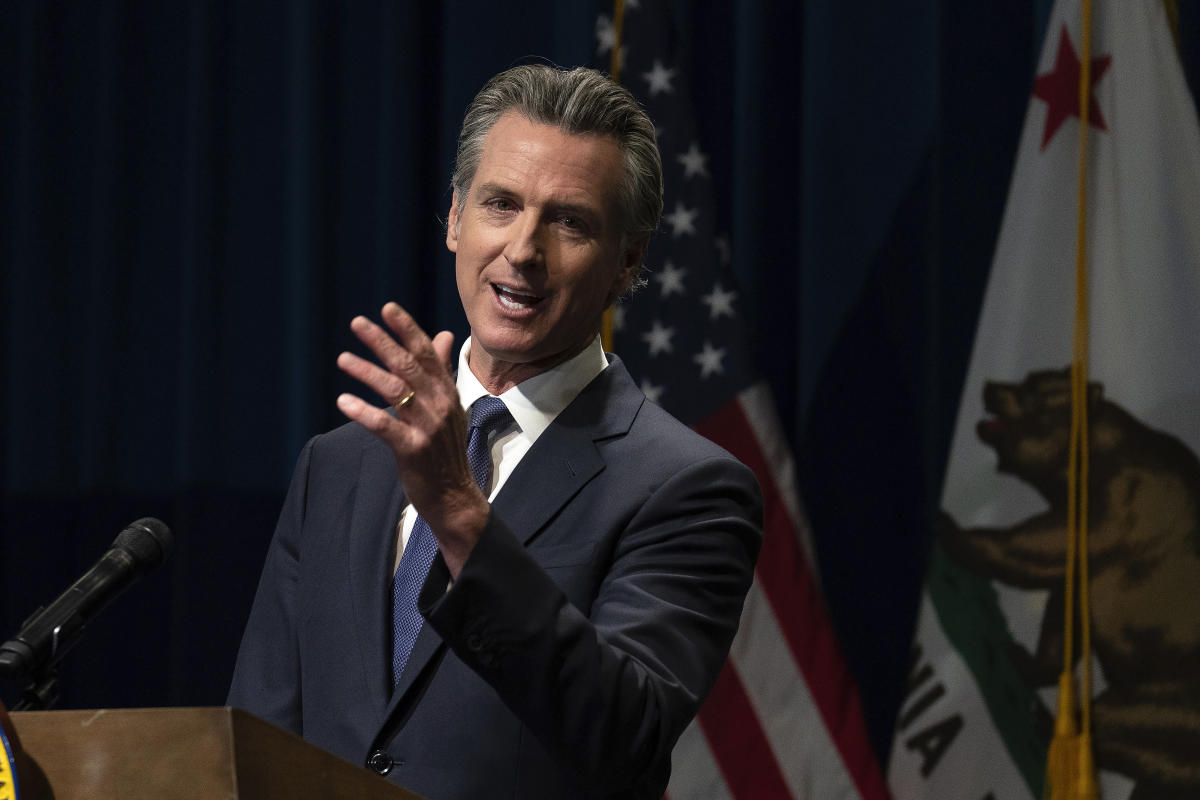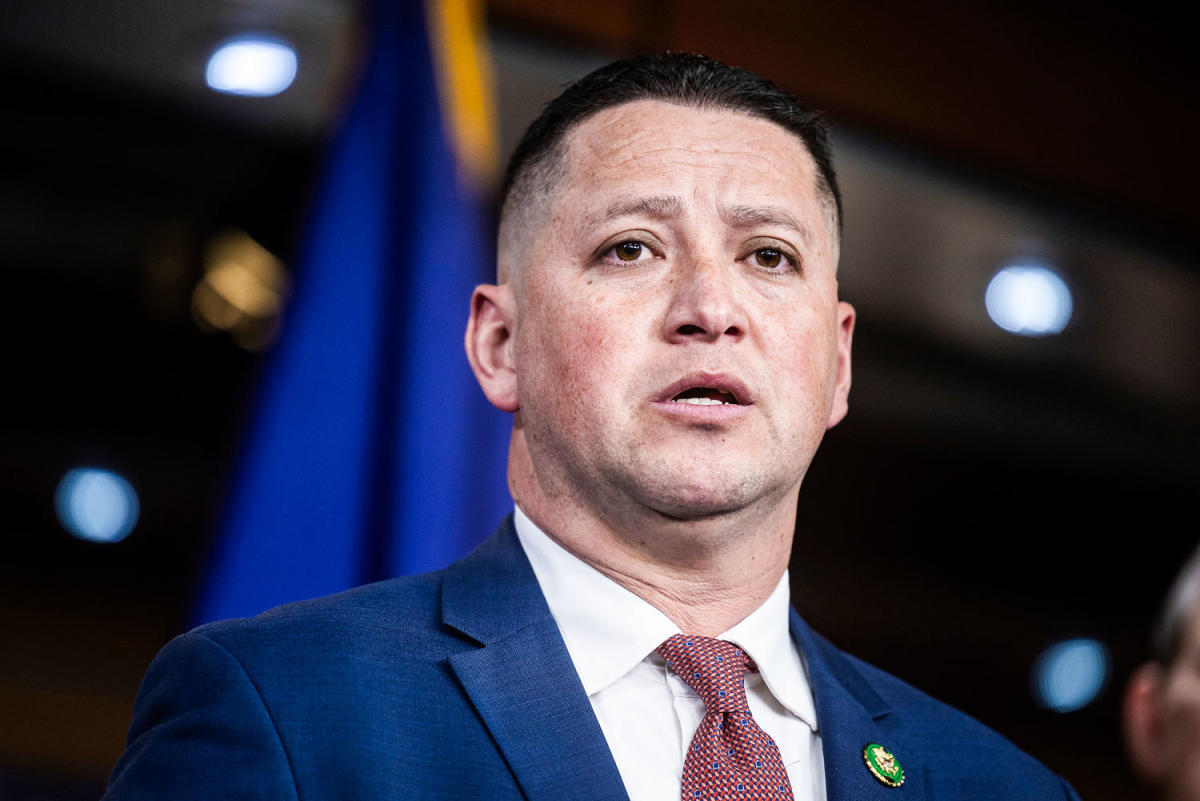Some former Justice Department officials who served under Donald Trump during his first term fear that the Supreme Court’s recent immunity ruling will make it easier for him to use the department against his enemies if he is re-elected president.
Other ex-officials downplayed the impact of the ruling — or endorsed it.
Two former Justice Department officials, who spoke on condition of anonymity, said the ruling would embolden Trump. They said it would give Trump cover to improperly pressure the Justice Department for his own political benefit — to prosecute an enemy or go easy on an ally — by saying he was executing his official duties as president.
“It gives him tacit approval to keep doing it,” said a former official, who asked not to be named, referring to the Supreme Court ruling. “It sets him up to do the things he has said: to investigate people and send them to jail.”
The majority opinion by Chief Justice John Roberts found that Trump’s attempts to overturn the results of the 2020 election by pushing Justice Department officials to launch investigations of unfounded claims of widespread voter fraud were “absolutely immune” from prosecution.
“The indictment’s allegations that the requested investigations were shams or proposed for an improper purpose do not divest the President of exclusive authority over the investigative and prosecutorial functions of the Justice Department and its officials,” Roberts wrote. “Because the President cannot be prosecuted for conduct within his exclusive constitutional authority, Trump is absolutely immune from prosecution for the alleged conduct involving his discussions with Justice Department officials.”
Jeffrey Clark, the low-level Justice Department official whom Trump tried to appoint acting attorney general on Jan. 3, 2021, praised the ruling. After a half-dozen senior Justice Department officials threatened to resign, Trump backed off on appointing Clark, who supported his claims of voter fraud and had planned to send a Justice Department letter asking officials in Georgia not to certify those election results.
“He can investigate whom he sees fit to investigate, working with the Justice Department,” Clark, referring to any president, said in an interview for a podcast this week. “And he can prosecute whom he sees fit to prosecute.”
The former Justice Department official who said the ruling gave Trump “tacit approval” said it was also a road map for Trump for how to avoid prosecution. He said Trump showed in his first term that he is careful not to overtly ask someone to do something illegal. The official predicted that would continue.
“The way that Trump works is that he never tells anyone to do anything overtly,” the former official said. “He hints, he pushes, he prods. He never needed to direct these people to do it. They went ahead and did it on their own.”
Another former Justice Department official expressed support for Justice Amy Coney Barrett’s dissent, which would limit a president’s immunity. The former official said Roberts’ sweeping majority opinion erred when it said investigators could not use a president’s communications with the attorney general as evidence of a crime.
“If the president and his attorney general are having a late-night drink in the basement and talking about how to break into the Democratic National Committee headquarters,” the former Justice Department official said, imagining a scenario with echoes of Watergate, “such a communication should not be off-limits as an evidentiary matter in a criminal prosecution merely because it is a communication between the president and his attorney general.”
Will Levi, who was the Justice Department chief of staff under Attorney General William Barr, disagreed and defended the ruling. He said that the majority opinion was simply restating a long-standing constitutional principle and that criminal investigations would remain free from political interference.
“This is just an expression of the president’s authority under the Constitution over the executive branch, including the Department of Justice,” Levi told Bloomberg News. “The importance of ensuring the independence of a criminal investigation or prosecution from improper political interference is a critically important but distinct norm.”
Supporters and opponents of the ruling agreed that it would come down to career civil servants to refuse to carry out improper or illegal orders from Trump or any other future president.
A former senior official at the FBI, which conducts federal criminal investigations and is part of the Justice Department, said agents will not carry out illegal orders because the agents do not have absolute immunity and could be prosecuted themselves.
“No one below the president has absolute immunity,” said the former senior FBI official. “So anyone who does this is putting themselves in legal jeopardy.”
The first former Justice Department official, whom Trump publicly attacked for a stance he took, said that was naive. He said that the ruling would “embolden” Trump and that he would continue to use public attacks as he did in his first term to discredit special counsel Robert Mueller’s investigation and slow other probes of his conduct.
“The use of the tweets, where Trump openly attacks prosecutors and government employees, often by name, directly interferes with the functioning of the Justice Department. It intimidates prosecutors to do things they might not normally do … It is obviously a way to pressure employees,” said the official, citing his own personal experience. “It’s hard for a career civil servant to be on the other end of that.”
This article was originally published on NBCNews.com
Signup bonus from





